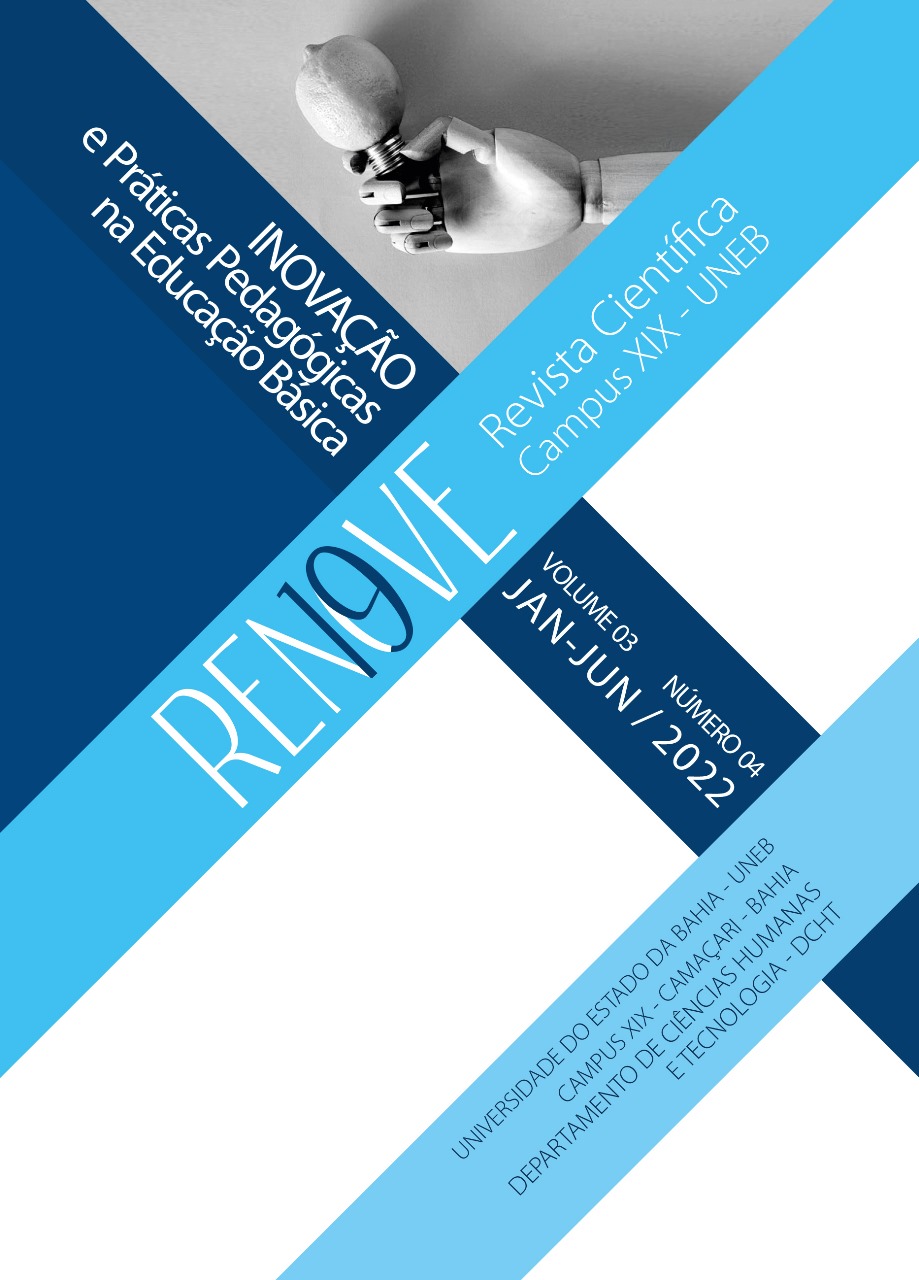A IMPORTÂNCIA DO MÉTODO MONTESSORIANO PARA A EDUCAÇÃO INFANTIL
DOI:
https://doi.org/10.52302/renove.vol3.n4.a20168Abstract
This article's main objective is to understand Maria Montessori's collaboration for meaningful learning in early childhood education. It also highlights the knowledge of who Maria Montessori was, describing important aspects of the Montessori method and listing relevant benefits of the Montessori method for early childhood education. It uses bibliographic research as a methodology, based on articles, books, website and published texts, based on the state of knowledge and anchored in current educational legislation. The theoretical basis is supported by Antunes (2008); White (2010); Fonseca (2002); Gomes (2006); Grazzini (2001); Montessori (1965, 1985,1996) and Oliveira-Formosinho (2007) among other theorists who made important contributions. The results show that Maria Montessori was introduced into society in a revolutionary way, when she became one of the first women to complete medicine at a university in Italy, a profession that was exclusive to men. Escaping the prejudice of society at the time, she went to work in Psychiatry, it was there that Maria Montessori realized that children diagnosed with mental disabilities also needed pedagogical help. He then began his studies by observing these children, with the aim of making activities more enjoyable, using concrete material and noticed that the children responded more quickly to stimuli.
Downloads
Downloads
Published
Issue
Section
License
Autores que publicam nesta revista concordam com os seguintes termos:
- Autores mantém os direitos autorais e concedem à revista o direito de primeira publicação, com o trabalho simultaneamente licenciado sob a Creative Commons Attribution License que permitindo o compartilhamento do trabalho com reconhecimento da autoria do trabalho e publicação inicial nesta revista.
- Autores têm autorização para assumir contratos adicionais separadamente, para distribuição não-exclusiva da versão do trabalho publicada nesta revista (ex.: publicar em repositório institucional ou como capítulo de livro), com reconhecimento de autoria e publicação inicial nesta revista.
- Autores têm permissão e são estimulados a publicar e distribuir seu trabalho online (ex.: em repositórios institucionais ou na sua página pessoal) a qualquer ponto antes ou durante o processo editorial, já que isso pode gerar alterações produtivas, bem como aumentar o impacto e a citação do trabalho publicado (Veja O Efeito do Acesso Livre).




